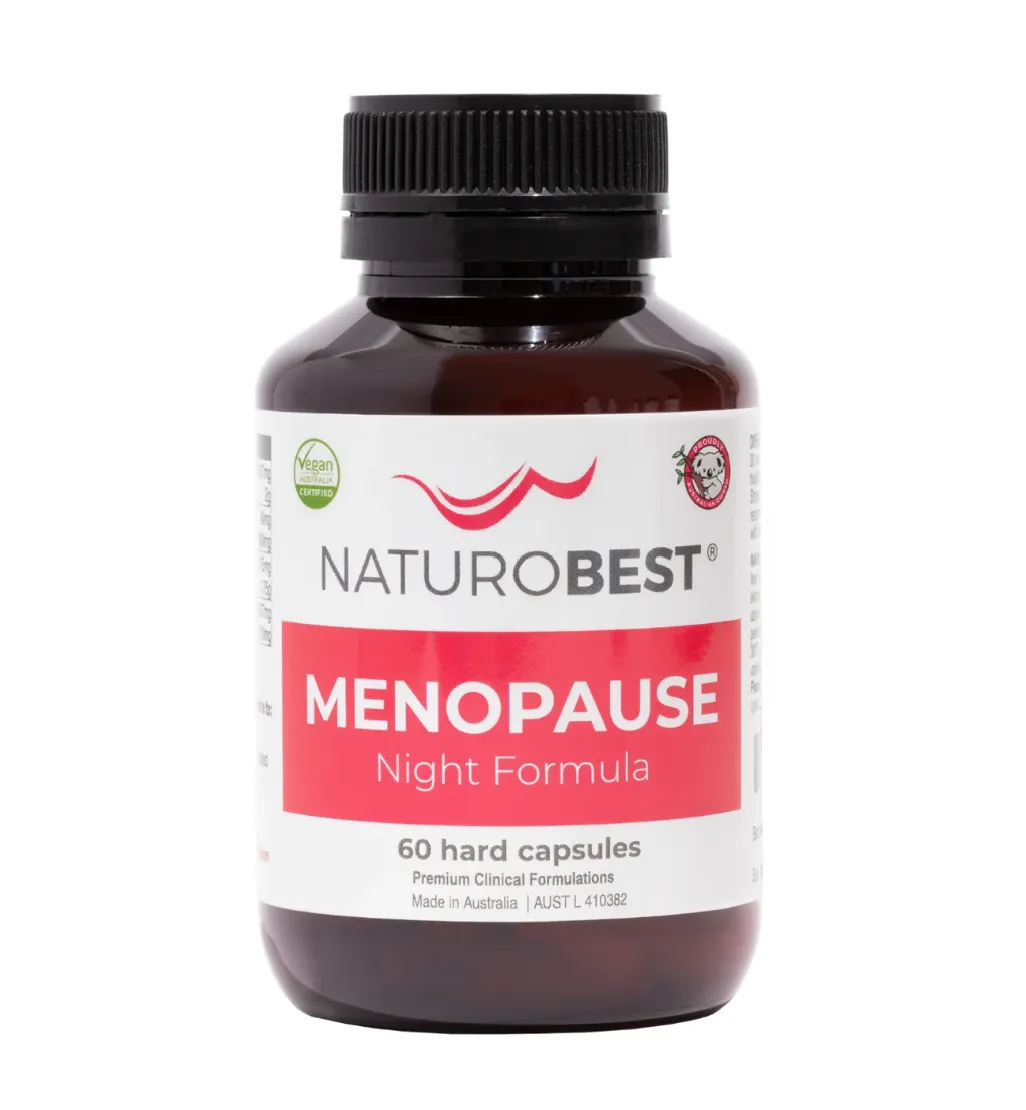Perimenopause Guide
Helpful advice, insight and empowerment
for your perimenopause experience.
How do you know if what you're feeling is perimenopause?

Demystifying Perimenopause Hormones
Demystifying Perimenopause: Understanding Hormonal Changes
Introduction:
Every woman goes through unique stages in life, and one of these transformative phases is perimenopause. As women approach their late 30s or early 40s, they may start experiencing various physical and emotional changes that signal the onset of perimenopause. It's important to understand the hormonal shifts that occur during this period to navigate this transition with confidence. In this blog post, we will explore perimenopause and shed light on the hormonal changes that take place.
What is Perimenopause?
Perimenopause is the transitional phase before menopause, the end of menstrual cycles. It typically starts a few years before menopause and can last for several months to a decade. During perimenopause, the ovaries gradually produce less estrogen, leading to irregular periods and hormonal fluctuations.
Hormonal Changes in Perimenopause:
Estrogen Levels: Estrogen, a key female hormone, regulates the menstrual cycle and supports various bodily functions. During perimenopause, estrogen levels fluctuate, causing irregular periods, changes in flow, and symptoms like hot flashes, mood swings, and vaginal dryness.
Progesterone Levels: Progesterone, another important hormone, works with estrogen to regulate the menstrual cycle. In perimenopause, progesterone levels decrease, resulting in irregular periods, breast tenderness, bloating, and mood changes.
Follicle-Stimulating Hormone (FSH): As estrogen decreases, the pituitary gland releases more FSH to stimulate the ovaries. Elevated FSH levels during perimenopause can cause symptoms like hot flashes, night sweats, and sleep disturbances.
Luteinizing Hormone (LH): Alongside FSH, LH also plays a role in regulating the menstrual cycle. During perimenopause, LH levels can increase, leading to irregular ovulation and menstrual cycles, as well as mood swings and sleep disturbances.
Androgens: Although typically associated with males, androgens like testosterone are present in females too. In perimenopause, testosterone levels may decline, resulting in decreased sexual desire, fatigue, and mood changes.
Navigating Perimenopause:
Understanding the hormonal changes in perimenopause empowers women to manage this phase effectively. Lifestyle adjustments, such as regular exercise, a balanced diet, stress reduction techniques, and adequate sleep, can significantly alleviate symptoms and promote hormonal balance.
Seeking support from healthcare professionals, joining support groups, and practicing self-care activities can provide valuable guidance during this transformative phase. Exploring alternative therapies, like herbal remedies or hormone replacement therapy (HRT), under medical supervision may also be considered.
Conclusion:
Perimenopause is a significant transition for women, characterized by hormonal changes. By understanding the fluctuations in estrogen, progesterone, FSH, LH, and androgens, women can embrace this change and seek appropriate support. Taking proactive steps to maintain a healthy lifestyle and seeking medical guidance when needed can help navigate perimenopause with greater ease and well-being. Remember, you're not alone in this journey, and there is support available to help you thrive during this transformative phase.
Want to learn more about what is happening for you in perimenopause? Book a free consultation now:
https://api.leadconnectorhq.com/widget/bookings/thrive-call/organic-breakthrough-calll

Demystifying Perimenopause Hormones
Demystifying Perimenopause: Understanding Hormonal Changes
Introduction:
Every woman goes through unique stages in life, and one of these transformative phases is perimenopause. As women approach their late 30s or early 40s, they may start experiencing various physical and emotional changes that signal the onset of perimenopause. It's important to understand the hormonal shifts that occur during this period to navigate this transition with confidence. In this blog post, we will explore perimenopause and shed light on the hormonal changes that take place.
What is Perimenopause?
Perimenopause is the transitional phase before menopause, the end of menstrual cycles. It typically starts a few years before menopause and can last for several months to a decade. During perimenopause, the ovaries gradually produce less estrogen, leading to irregular periods and hormonal fluctuations.
Hormonal Changes in Perimenopause:
Estrogen Levels: Estrogen, a key female hormone, regulates the menstrual cycle and supports various bodily functions. During perimenopause, estrogen levels fluctuate, causing irregular periods, changes in flow, and symptoms like hot flashes, mood swings, and vaginal dryness.
Progesterone Levels: Progesterone, another important hormone, works with estrogen to regulate the menstrual cycle. In perimenopause, progesterone levels decrease, resulting in irregular periods, breast tenderness, bloating, and mood changes.
Follicle-Stimulating Hormone (FSH): As estrogen decreases, the pituitary gland releases more FSH to stimulate the ovaries. Elevated FSH levels during perimenopause can cause symptoms like hot flashes, night sweats, and sleep disturbances.
Luteinizing Hormone (LH): Alongside FSH, LH also plays a role in regulating the menstrual cycle. During perimenopause, LH levels can increase, leading to irregular ovulation and menstrual cycles, as well as mood swings and sleep disturbances.
Androgens: Although typically associated with males, androgens like testosterone are present in females too. In perimenopause, testosterone levels may decline, resulting in decreased sexual desire, fatigue, and mood changes.
Navigating Perimenopause:
Understanding the hormonal changes in perimenopause empowers women to manage this phase effectively. Lifestyle adjustments, such as regular exercise, a balanced diet, stress reduction techniques, and adequate sleep, can significantly alleviate symptoms and promote hormonal balance.
Seeking support from healthcare professionals, joining support groups, and practicing self-care activities can provide valuable guidance during this transformative phase. Exploring alternative therapies, like herbal remedies or hormone replacement therapy (HRT), under medical supervision may also be considered.
Conclusion:
Perimenopause is a significant transition for women, characterized by hormonal changes. By understanding the fluctuations in estrogen, progesterone, FSH, LH, and androgens, women can embrace this change and seek appropriate support. Taking proactive steps to maintain a healthy lifestyle and seeking medical guidance when needed can help navigate perimenopause with greater ease and well-being. Remember, you're not alone in this journey, and there is support available to help you thrive during this transformative phase.
Want to learn more about what is happening for you in perimenopause? Book a free consultation now:
https://api.leadconnectorhq.com/widget/bookings/thrive-call/organic-breakthrough-calll
Looking for some natural supplements to help?
Navigating all of the supplements on offer can be confusing. Here is some info our nutritionist shared about what might be helpful.
To help with balancing your nervous system for your mood, energy, sleep and hot flushes/night sweats try increasing progesterone naturally with:
B Vitamins
Black Cohosh
Lemon Balm
Magnesium- with Glycine
Vitamin D
Omega 3s
Ashwaganda
Based on these recommendations, below are some products that might be helpful for you to look into. Remember to always consult with your health care professional about your specific circumstances and symptoms first. Within our Thrive During Perimenopause programs we hold Q&A sessions where you can ask about symptoms and supplements to get the best recommendations for you.
Enter the discount code: AF-CHELSEAWEIR to get your discount on NATUROBEST products
Thriving During Perimenopause
To experience all that our team has to offer enquire now about our holistic
'Thrive During Perimenopause' programs.
Our Approach
A balance in strength and mobility exercise.
A focus on mindset and shifting priorities.
Realistic self-care routines for your busy schedule.
Address your specific concerns and symptoms.
Empowerment through knowledge and understanding of perimenopause changes.
Nourishing and moving your body out of love not guilt.
Prioritising stress management for balanced hormones.
Accountability, coaching and community connection.

© 2023 | Privacy Policy
Sunshine Coast, QLD, Australia
0432 362 818
support@thriveyogaandfitness.com
ABN: 50 458 891 585






